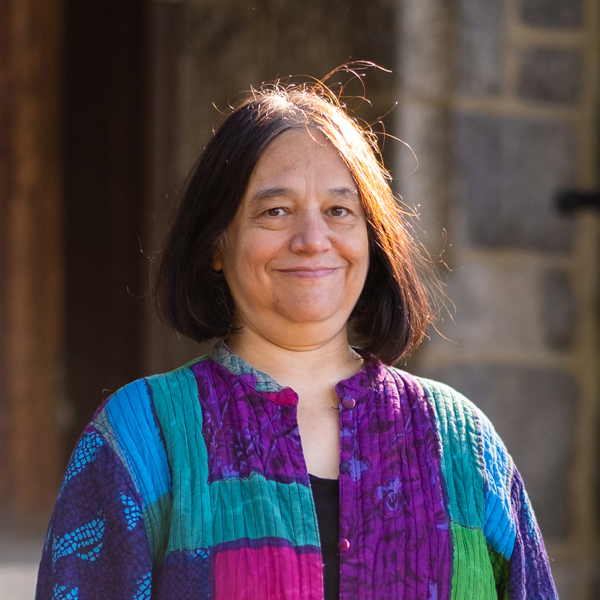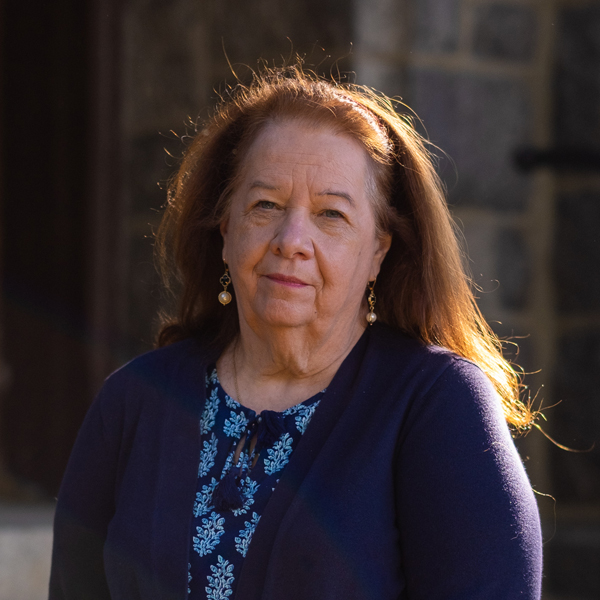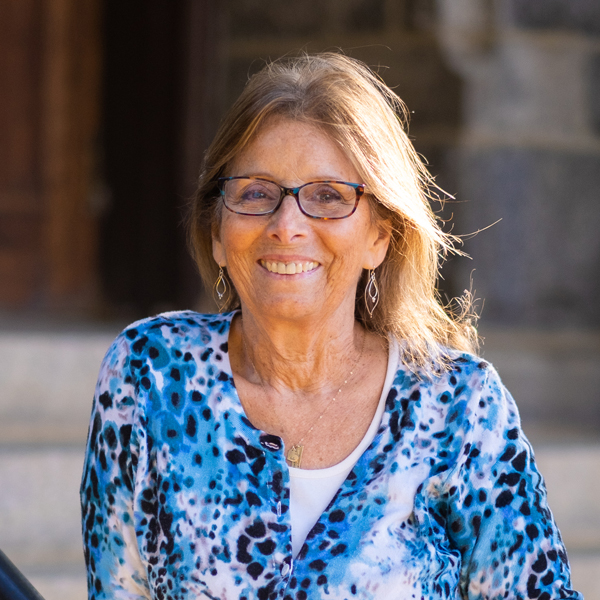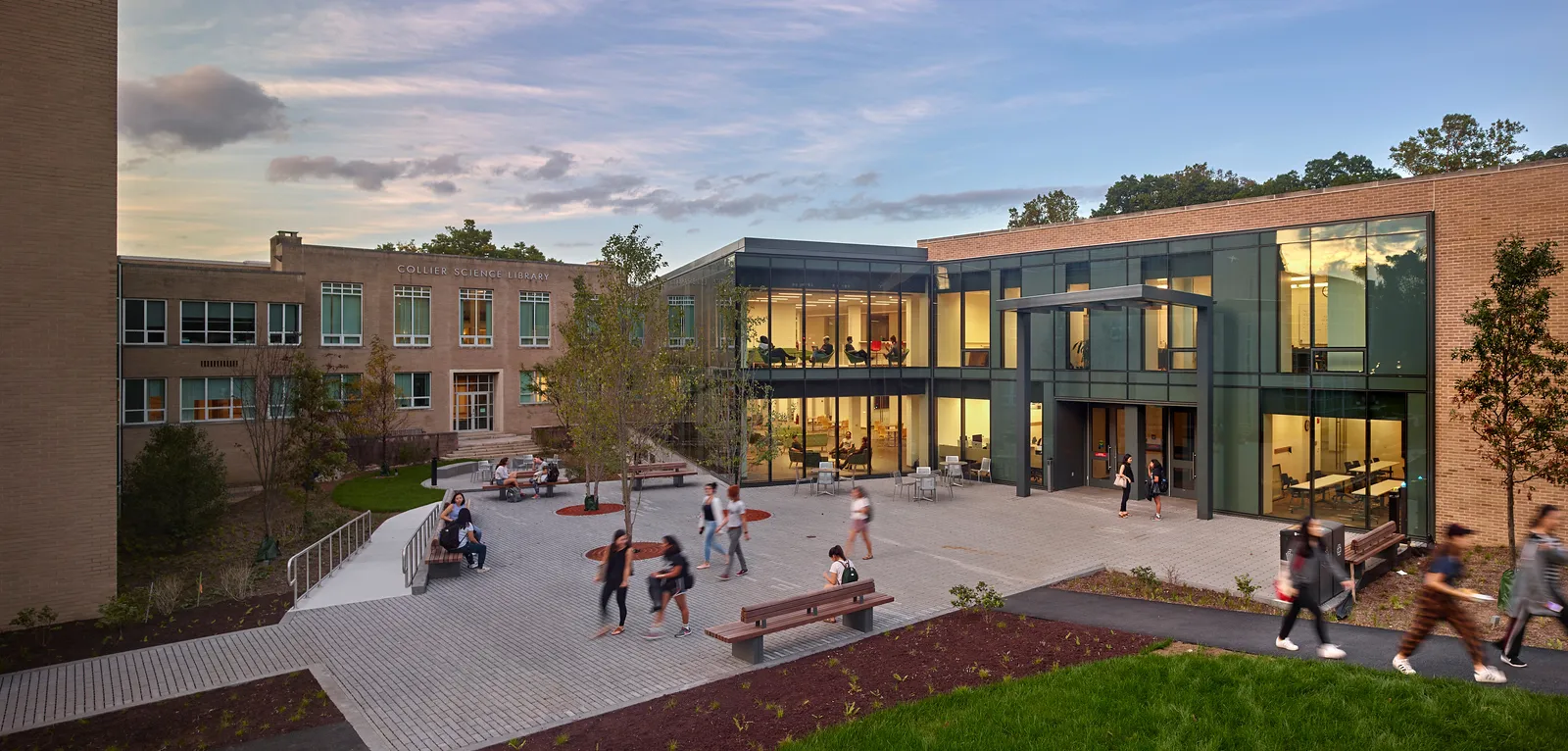
About Us
A Message from the Dean Meet the Team
A Message from the Dean
I am eager to talk with students and alumnae about their interest in exploring any health professions. I am available for individual appointments throughout the year; call the Health Professions Advising Office at 610-526-7350 to schedule a meeting. During peak periods of the semester, I have open office hours.
Prehealth students and alumnae at Bryn Mawr form a community of supportive scholars with diverse interests. During your time at Bryn Mawr, you are encouraged to participate in the robust programming related to health care and health careers available on campus and in the region, and the rich opportunities for experiential learning.
Gail G. Glicksman
Assistant Dean and Health Professions Advisor for Undergraduates and Alumnae
gglicksman@brynmawr.edu
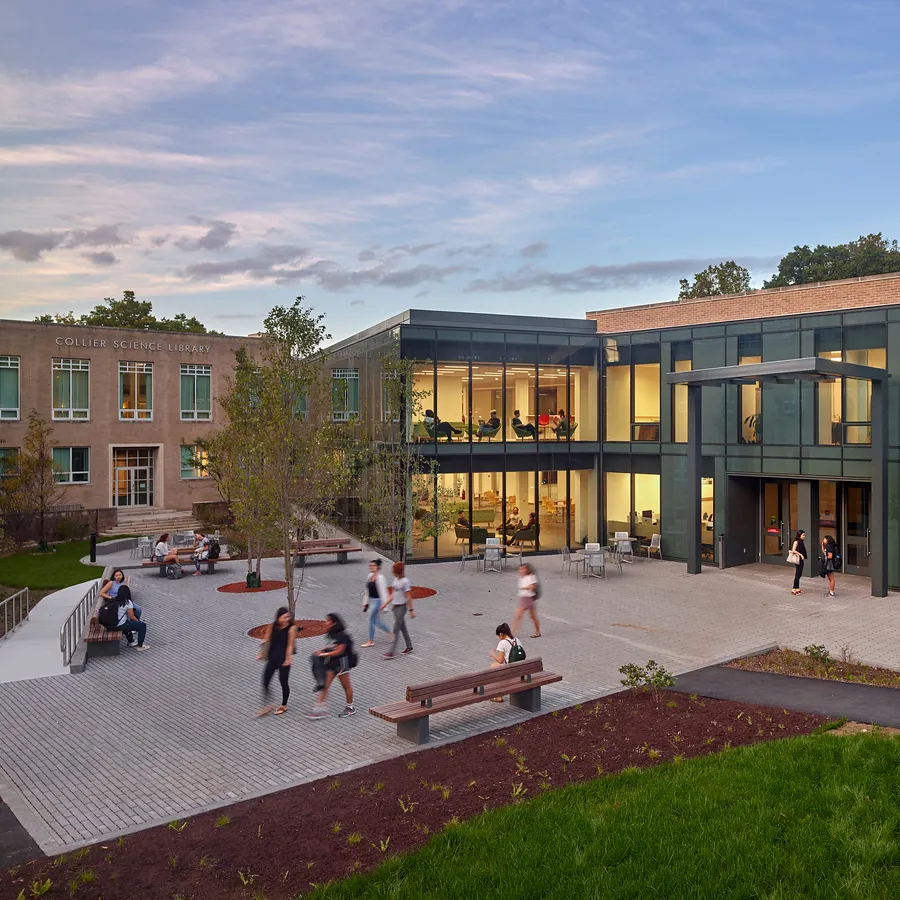
Contact Us
Health Professions Advising Office
Park Science Building
Room 349
610-526-7350
hpao@brynmawr.edu
Open year-round
Monday-Friday, 9 a.m.-5 p.m.
